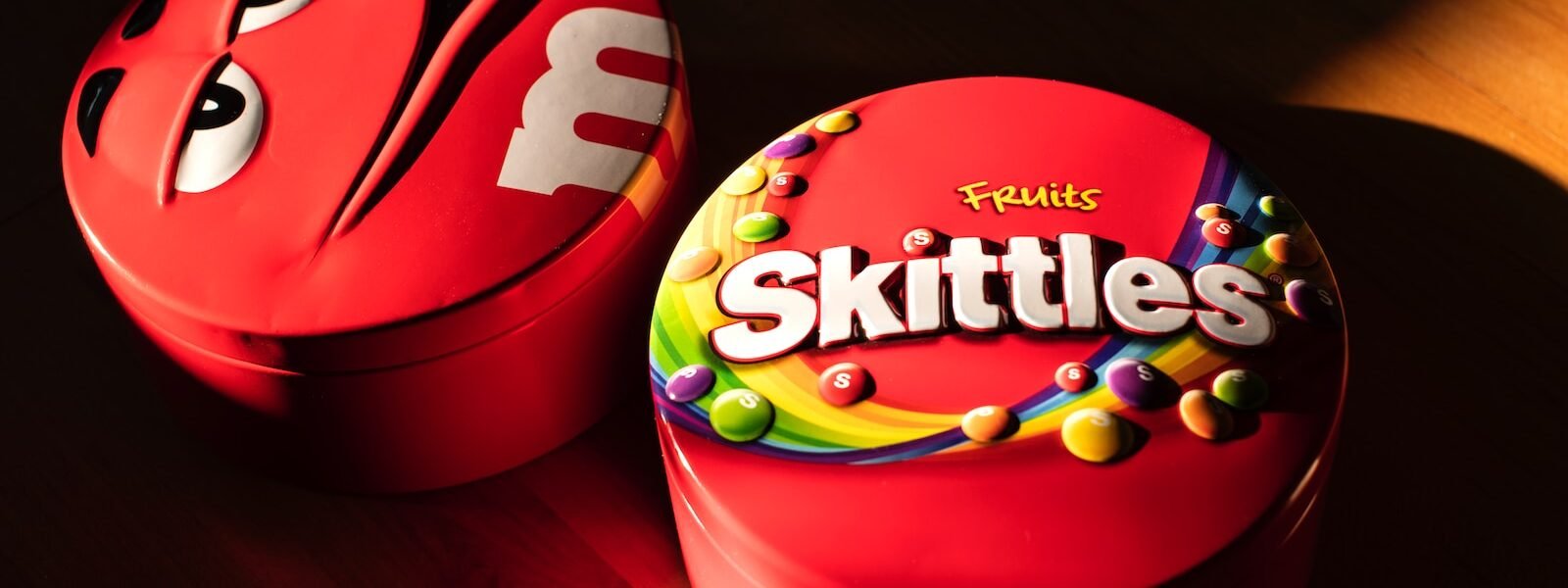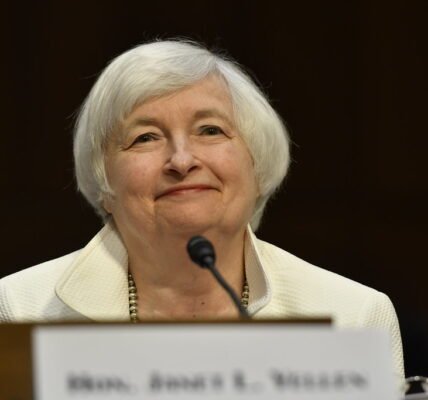Skittles, the popular candy brand known for its “Taste the Rainbow” slogan, has ignited a controversy with its new packaging that features messages supporting the LGBTQ+ community. The move has triggered both support and backlash, drawing attention to the intersection of corporate responsibility and consumer sentiment.
Skittles, a product of the Wrigley Company, which operates under the Mars, Inc. umbrella, launched its “SKITTLES Pride” campaign, replacing the traditional rainbow-colored packaging with LGBTQ-friendly designs. The candy company’s intention was to amplify LGBTQ+ stories during Pride Month, collaborating with the Gay & Lesbian Alliance Against Defamation (GLAAD).
Support and Opposition Collide
The decision sparked a wave of opinions. While many applauded Skittles for their inclusive approach, there were others who vehemently opposed it. Online discussions revolved around whether a candy brand should engage in socio-political messaging. Some consumers expressed their support for the campaign, acknowledging that the slogan “Taste the Rainbow” resonated well with the LGBTQ+ community’s rainbow flag.
However, dissenting voices accused Skittles of pushing a “woke” agenda and criticized the candy company for involving children in the discourse. One packaging in particular, featuring kids on skateboards and the phrase “Black Trans Lives Matter,” drew sharp reactions. Critics accused Skittles of using the packaging to promote social activism to young audiences.
Divided Perspectives on Marketing Ethics
The debate over Skittles’ approach echoes a broader conversation about corporate social responsibility and ethical marketing. Some consumers argued that brands should align with important social issues, while others felt that products should remain apolitical and avoid taking sides. The question of whether candy packaging is an appropriate platform for activism remains unresolved.
The Ripple Effect from Past Cases
Comparisons were drawn to past instances where brands integrated social issues into their marketing. The partnership between Bud Light and trans activist Dylan Mulvaney, which garnered significant backlash, was mentioned. The beer brand faced criticism for supporting Mulvaney’s celebration of a year identifying as a woman. The controversy led to a drop in Bud Light’s sales, impacting the broader beer industry.
The Way Forward for Skittles
As the debate rages on, Skittles faces a pivotal moment. While the brand’s intention to support the LGBTQ+ community is clear, the public’s divided response indicates the complexity of navigating social issues through consumer products. Skittles’ future strategy may involve a delicate balance between promoting inclusivity and respecting differing viewpoints. The incident serves as a reminder that corporations, even while aiming to support social causes, must tread carefully to avoid alienating segments of their customer base.
Conclusion
The clash surrounding Skittles’ packaging reveals the multifaceted nature of corporate engagement with social issues. It underscores the challenge of balancing principles with profits in a polarized society. As the dialogue unfolds, the broader implications for brands and their marketing strategies will continue to shape discussions about values, activism, and the role of corporations in societal conversations.
Download our app MadbuMax on the Apple App Store for the latest news and financial tools. Interested in getting your finances in order do not forget to check Dr. Paul Etienne’s best-seller book on personal finance. To access more resources, tools, and services please click here. Also, do not forget to follow Dr. Etienne on IG or Twitter.





